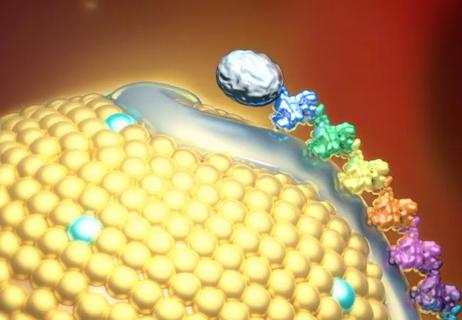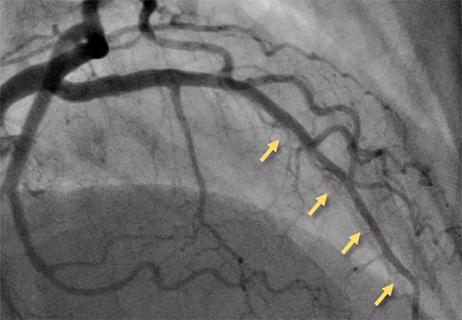
First-in-human phase 1 trial induced loss of function in gene that codes for ANGPTL3

Phase 3 TANDEM study may help pave way to first approval of a CETP inhibitor

Yet 21.4% of tested individuals had Lp(a) elevation

Small interfering RNA lowered lipoprotein(a) by 94% during six-month follow-up after a single dose
Advertisement
Cleveland Clinic is a non-profit academic medical center. Advertising on our site helps support our mission. We do not endorse non-Cleveland Clinic products or services. Policy

Phase 2b trial of aldosterone synthase inhibitor also finds no benefit from dose escalation

Phase 2 trial of zerlasiran yields first demonstration of longer effect with each dose of an siRNA

Metabolites from animal product substrates implicated in heart failure development in community cohorts

Resourceful approaches to the care of patients with microvascular disease and elevated Lp(a)

Study authors urge reevaluation of the sweetener’s safety designation by food regulators

Studies reveal increased cardiac events, enhanced platelet reactivity and thrombotic potential
Advertisement
Advertisement